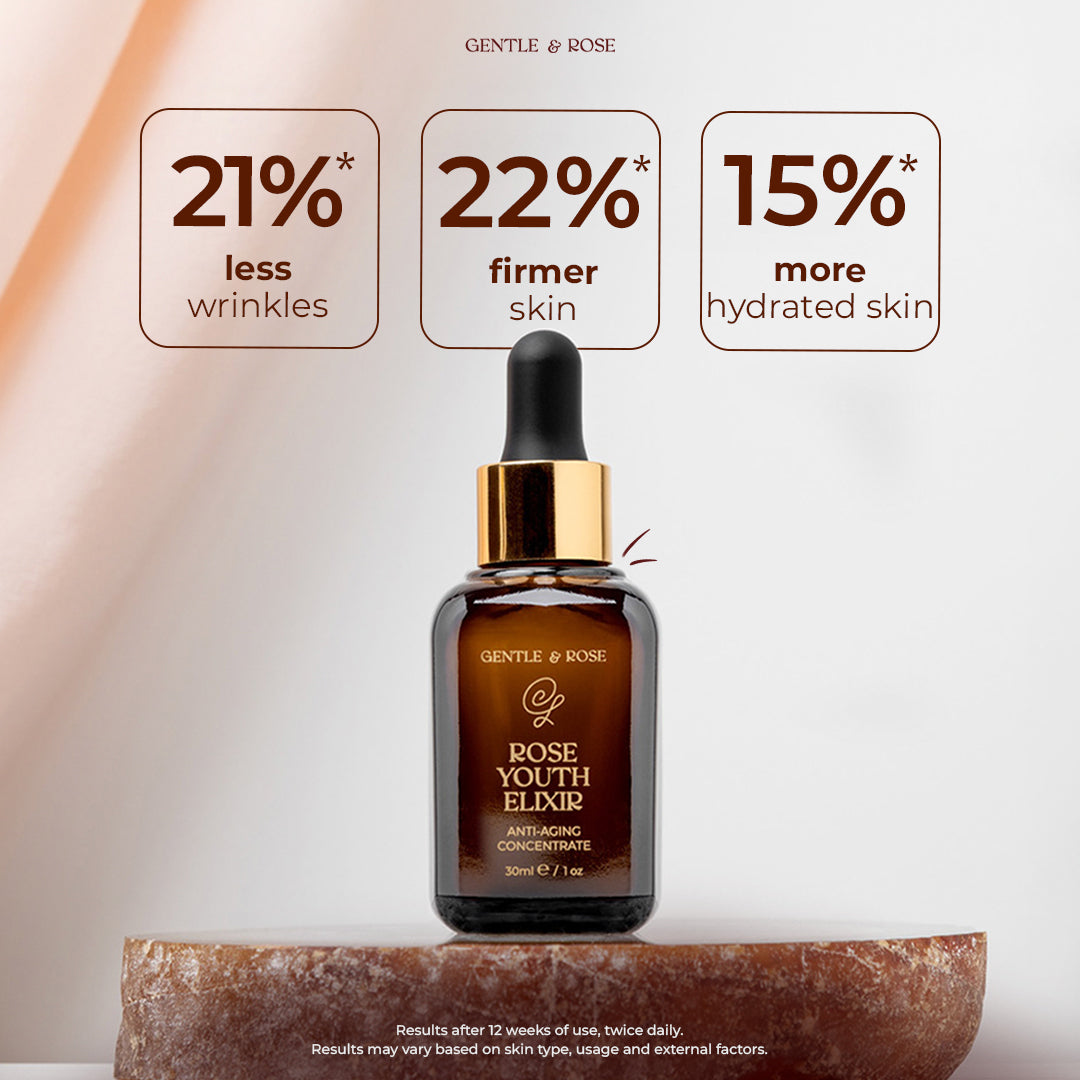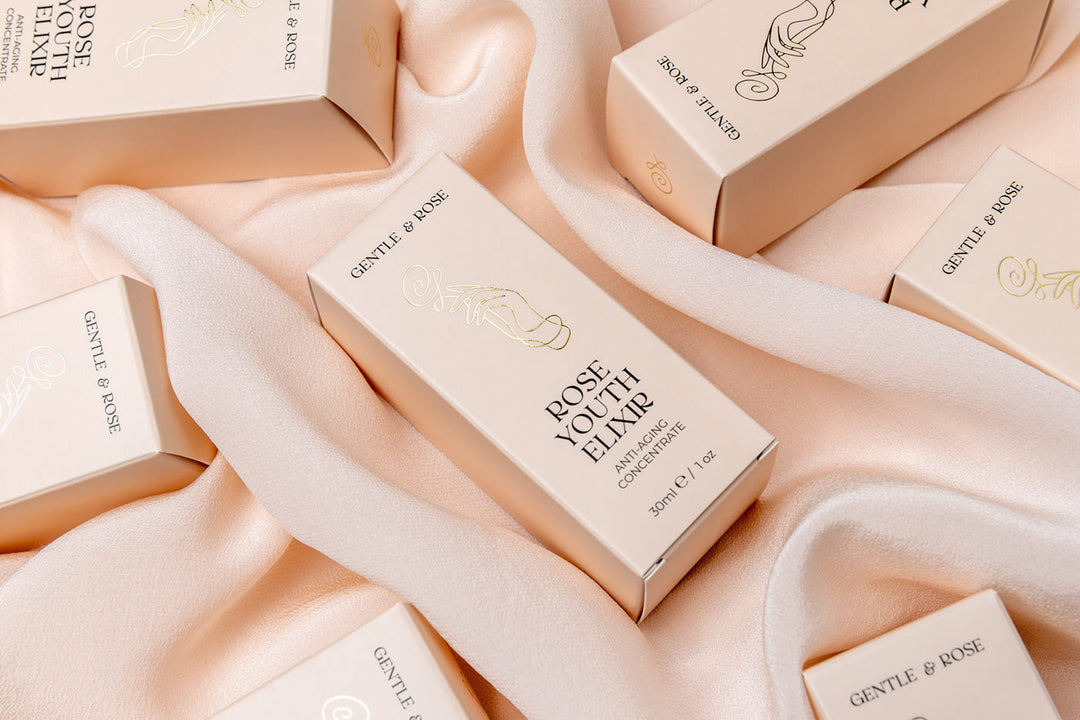Do You Know What Glycation Is — and How It Might Be Aging Your Skin?
We often think of wrinkles, dullness, or sagging skin as inevitable signs of aging. But what if one of the biggest causes of these changes isn’t just time or sun exposure — but sugar?
There’s a hidden process happening in your skin that very few people talk about: glycation. It might not sound glamorous, but once you understand it, you’ll see your skincare (and your diet) in a whole new light.
What Is Glycation — And Why Should You Care?

Glycation is a slow, silent chemical reaction.
When there's too much sugar in your bloodstream, it attaches to important proteins in your body — particularly collagen and elastin, the very structures that keep skin firm, smooth, and resilient.
This bonding forms molecules called Advanced Glycation End-products (AGEs) — and they live up to their name. These AGEs stiffen collagen, weaken its structure, and cause it to break down faster.
Over time, skin becomes less elastic, thinner, and more prone to wrinkles.
It’s like rust for your collagen — invisible at first, but steadily damaging over time.
How Glycation Shows Up on Your Skin
While glycation happens beneath the surface, its effects become very visible:
-
Loss of firmness and “bounce”
-
Deeper wrinkles, especially around the mouth and eyes
-
Dull, uneven tone that no highlighter can fix
-
Skin that feels thinner or more fragile
And no — you don’t have to eat cakes every day for this to happen. Glycation is driven by high blood sugar, which can be caused by stress, processed foods, poor sleep, and yes, even the way your food is cooked (think: grilled, roasted, or fried = more AGEs).
Can You Stop It? Here’s What Science — and Skincare — Say

You can’t eliminate glycation entirely. It’s part of life. But you can slow it down — and protect your skin from its most visible effects.
That’s where a thoughtful routine makes a real difference. Skincare with antioxidants, collagen-supporting ingredients, and anti-inflammatory actives helps counteract the damage glycation causes.
And it’s not just about prevention — it’s about repair, too.
Gentle&Rose Ingredients That Help Fight Glycation:
Bakuchiol (found in our Rose Youth Elixir): This gentle, plant-based alternative to retinol stimulates collagen production and cell renewal — without irritation. It helps reinforce skin structure and reduce the visible impact of AGEs.
Kakadu Plum: One of nature’s most powerful sources of Vitamin C, it works as a strong antioxidant, helping to neutralize free radicals and boost your skin’s natural repair system. You’ll find it in the Antarctic Sun Defence 50SPF for a daily dose of brightness and defense.
Rosehip and Rose Oil (Rose oil found in the Rose Youth Elixir and rosehip oil in the Prebiotic Moisturising Cream): These botanical oils are rich in essential fatty acids and vitamins A & E — perfect for repairing the lipid barrier and reducing inflammation caused by glycation stress.
SHOP NOW
Small Daily Habits Make a Big Difference

Skincare is just one part of the equation. Here’s what else supports skin resilience from within:
-
Cut down on refined sugars and processed foods
-
Eat more antioxidants (berries, greens, herbs, green tea)
-
Manage stress — it spikes blood sugar more than you think
-
Sleep well — glycation worsens with poor rest
-
Always wear SPF (UV light speeds up glycation, too)
It’s all connected. And the more you support your skin inside and out, the better it shows.
Aging Isn’t Inevitable — It’s Influenced
Glycation might sound like a complicated scientific concept, but it’s really just another way your body reacts to modern life — food, stress, environment. Understanding it gives you power: to make better choices, to protect your collagen, and to give your skin a chance to stay vibrant, strong, and smooth.
Your skincare should do more than hydrate. It should help your skin resist time — and thrive despite it.





Laissez un commentaire